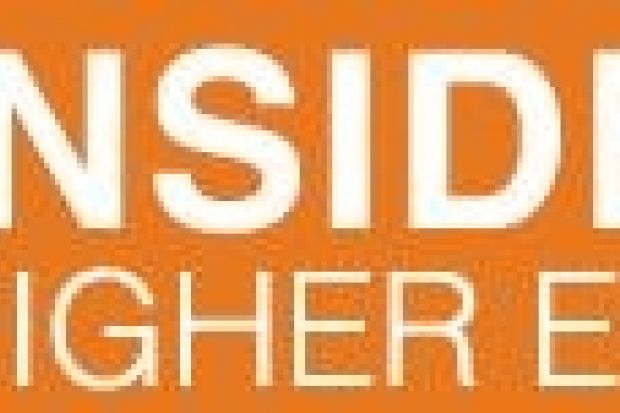Will the evangelical vote in the Republican Party’s presidential primaries unite around Rick Santorum? To what extent will Mitt Romney be hurt by many voters’ anti-Mormon attitudes? These are among the issues related to religion that are all over the political commentary in newspapers and blogs these days.
But if the people writing these articles turn for guidance to the discipline of political science, they will not find much, according to an analysis just published in the journal PS: Political Science & Politics. (Abstract available here.) The author is Steven Kettell, associate professor of politics and international studies at the University of Warwick. (Most of the journals analysed are US-based, although some are British.)
Secular scholars (outside, say, religious studies) have long been criticised for ignoring the role religion plays in people’s lives. But in recent years, some fields – such as history – have been paying more attention to issues of religion than they have in the past. Nevertheless, the study published in PS, which examined the past 10 years of publishing in leading political science journals, found that the discipline has been consistent over the decade in its failure to produce research related to religion.
Of the 20 leading journals in political science (as measured by “impact factors”), only 1.34 per cent of the articles published could be said to have religion as a primary topic, the analysis found.
American Political Science Review – top ranked by impact analysis and generally considered the flagship in the field – had religion as the primary subject in 2.17 per cent of its articles. In the past decade, five journals in the top 20 (Studies in Comparative International Development, Governance, European Journal of Political Research, Political Analysis and Review of International Political Economy) did not publish a single article that had religion as its primary focus.
Of the small minority of articles that considered religious issues, the most popular topics are not likely to provide much help to those trying to follow the Republican presidential race this year. The most common topic was religious links to violence and terrorism, and the second most common topic was Islam. Further, of eight major subfields of political science, nearly two-thirds of the articles on religion were in one: political behaviour.
Professor Kettell’s study also compared political science with sociology, to see if perhaps the relative lack of interest in religion was simply a social sciences issue (with the exception of anthropology, which has long included religious beliefs in analyses of various cultures).
The top 20 sociology journals were more than twice as likely as their political science peers to have an article whose primary topic was religion. The percentage was 3.51, and no journal had a percentage of zero. Even sociology journals in the group that might not have been expected to focus on issues of faith – Annals of Tourism Research, for example – were more likely than the political science journals to publish articles on religion. (A 2010 study by the Social Science Research Council suggested that sociologists too may have ignored religion in the past, but that they have significantly increased their focus on the topic in the past 10 to 20 years.)
Concluding his analysis, Professor Kettell writes that his findings “uphold the claim that political science has generally overlooked religion” and has restricted study of religion to a few topics.
In considering why this is the case, Professor Kettell cites patterns that developed in scholars’ analyses of the modern state. “[T]he primary themes and concerns of political science (such as ‘power, ‘democracy,’ ‘the state,’ and so forth) emerged from historical processes bound with the creation of an increasingly secular system of territorially sovereign states in the Westphalian settlement of the 17th century,” he writes. “As such, from the outset, the intellectual framework for political science was grounded in underlying assumptions about the declining influence of religion in public life.”
Of course, such declines may no longer be the case, and there is considerable evidence that “debates about the political influence of religion” are “likely to intensify” in the years ahead, Professor Kettell writes. As a result, he argues that it is time for “political scientists to turn the tools of their trade” to issues of religion.
Register to continue
Why register?
- Registration is free and only takes a moment
- Once registered, you can read 3 articles a month
- Sign up for our newsletter
Subscribe
Or subscribe for unlimited access to:
- Unlimited access to news, views, insights & reviews
- Digital editions
- Digital access to THE’s university and college rankings analysis
Already registered or a current subscriber? Login
